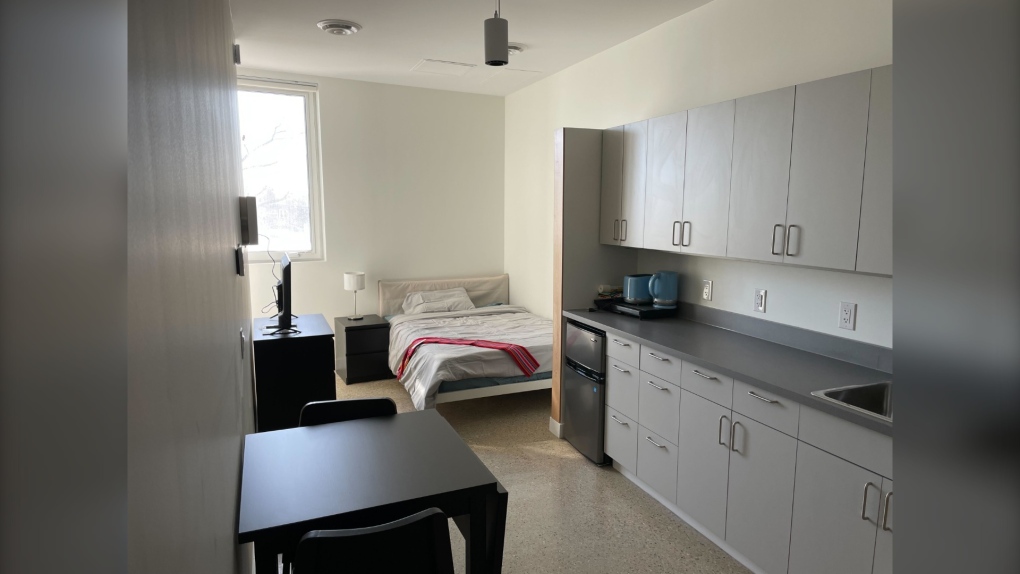
A $4 billion federal housing strategy targeting urban and rural Indigenous communities, outlined in the Liberal government’s Budget 2023, will likely lead to housing projects here in Winnipeg and Manitoba.
“Winnipeg is the Indigenous capital of Canada,” said Northern Affairs Minister and MP for St. Boniface – St. Vital Dan Vandal.
“So we’re going to be there at the table and make sure Winnipeg and Manitoba gets its proper allocation.”
Four billion dollars over four years has been earmarked by the federal government in its proposed budget to develop and implement an Urban, Rural, and Northern Indigenous Housing Strategy. This is new funding that will start in 2024, on top of $300 million announced in Budget 2022.
A report submitted to the House of Commons in 2020, however, noted a need for $25 billion in federal funding over ten years for a national Urban, Rural and Northern Indigenous housing strategy.
“This is one program in a suite of different housing programs being rolled out simultaneously,” said Minister Vandal, noting the housing accelerator fund and distinctions-based housing programs as examples.
“This is for large cities and isolated areas in the north and rural areas where there is a real need,” he said.
Winnipeg has the largest population of urban Indigenous people in Canada and the newly announced funding will likely go towards supporting initiatives like Fre Maachi, the Manitoba Metis Federation’s (MMF) new housing-first project at 670 Main Street.
“The $4 billion over seven years is an excellent start, there’s no doubt that there’s a need,” said MMF housing minister Will Goodon.
“If I build a couple of senior’s duplexes in one area, all of a sudden there’s three other communities that have the same needs. The more you pull back the rug the more you see what we really need,” he said.
Goodon has already been speaking with federal officials, including the housing minister, on elements of an urban, northern and remote Indigenous housing strategy.
The new funding will be a compliment to already-allocated federal funds for distinctions-based housing strategies for Indigenous communities.
“What ‘distinction-based’ means is that First Nations, Inuit and Metis will all receive funding specific to their government structures,” said Goodon.
“That’s an absolutely important thing to underline and we have to remind the decision makers… that we are the ones that can make that delivery to our people,” he said.
